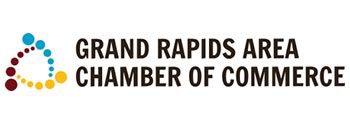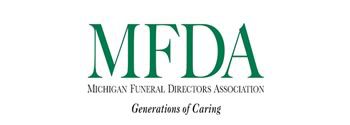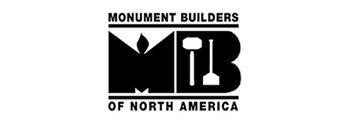Step 5.
Designing your monument.
As you begin the final phase of designing the monument, keep in mind that Patten Monument is a custom monument company. That means we can transform almost any artwork and design into a lasting memorial. (When you have a second, check out our gallery for some beautiful examples of our handiwork.)
Outside of our custom design capabilities, we offer hundreds of templates and individual design elements for you to easily choose from. This allows you to create a wonderfully fitting monument by simply mixing and matching various elements.
Lastly, there are four basic decisions to consider when designing a monument. These include:
- Layout.
- Lettering.
- Carving Style.
- Artwork.
Layout.
Much like a painting, every monument begins as somewhat of a blank canvas. Layout refers to the placement and organization of the monument’s various elements. We recommend an organizational hierarchy leading with the family name, individual names, then the dates; followed lastly by the artwork and epitaphs.
Lettering.
There are two items to consider with Lettering: Type of engraving and font. Our standard types of letter engraving are shown here:
- V-Sunk Letters in a Panel: Usually placed in an area where polish has been removed. Easiest to read and work well on all granite colors. We do not recommend using V-Sunk Letters unless they are located within a panel.
- Polished Outline Letters: Display nicely within a panel. Shows well on darker granite colors.
- Axed Outline Letters: Displays best on dark granite.
- Scooped & Highlighted Letters: Should only be used on dark (black) granite.
- Shadow Outline: Similar to Axed Outline Lettering, but right side of outline is extra wide.
- Vermarco-Beadless Panel Lettering: Beadless means not outlined. Used primarily for epitaphs.
Regarding fonts.
As a general rule, we use a traditional roman font simply because it is the easiest to read. That being said, we can, of course, use other fonts depending on their complexity, style, and lettering size.
Carving.
There are three basic types of carving: Flat Carving, Shape Carving, and Etchings.
Flat Carving.
The most common carving style. It means the object is two-dimensional and the polish is frosted off with the bead-lines of the image v-sunk into the granite.
Shape Carving.
The wild rose pictured above-right is Shape Carved. Notice that the leaves and flower petals are contoured. Shape carving is primarily done on leaves, flowers, and other plant-based images and designs.
With both of these styles of carving, the smallest achievable detail is usually about the diameter of a pencil. If you’re interested in finer details, you should consider etching.
Etching.
Etching can be performed by hand with a diamond engraver or using computer software and a high powered laser. Generally speaking, it’s used to achieve the smallest of details. E.g., animal feathers, hair, etc. Patten Monument is also uniquely able to do photo quality portrait work with our laser engraver for those wishing to have a picture engraved on their monument.
Other styles of carving include: Bas Relief, and Full Sculpturing.
Bas Relief.
A very deep, statue-like carving. The figure physically stands out from the surface of the monument. Bas Relief is accomplished by handheld tools and is most effective when used on fine grain granite.
Full Sculpturing.
With Full Sculpturing, the artist actually sculpts the figure, in full round, much like statue. Fortunately, today’s technology and tools have greatly reduced the cost of this style, making it much more obtainable to the masses.




